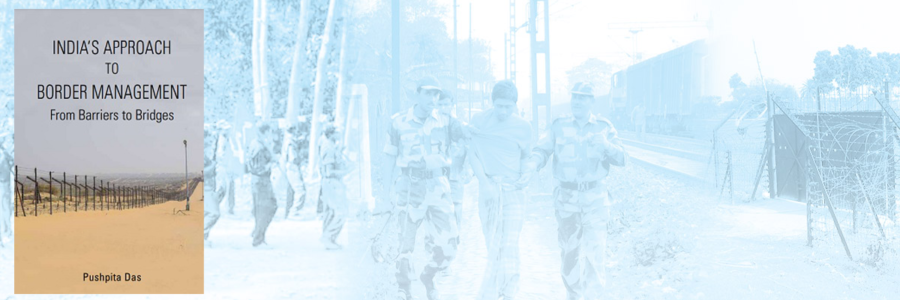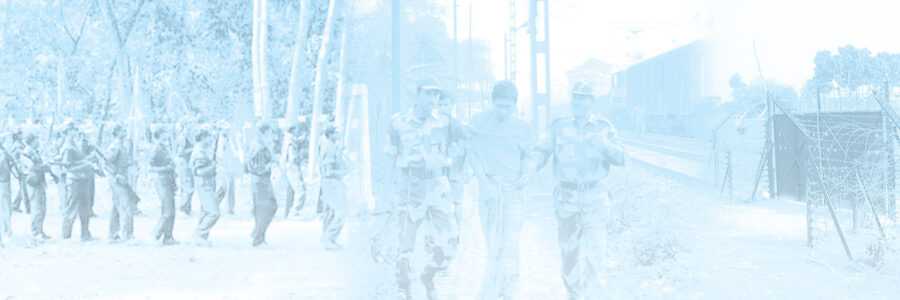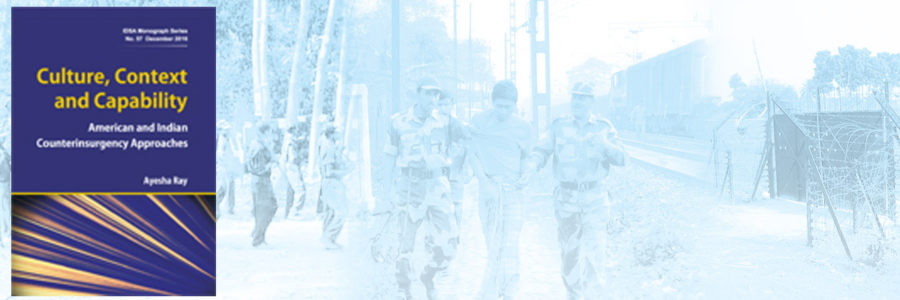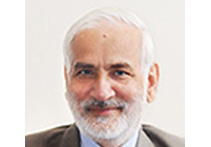Securing India at the Gates
Instead of beefing up army/police/paramilitary forces in the towns and cities, the government needs to urgently take measures to prevent entry of the criminal and terrorist elements at or close to the border.
- Ramesh Phadke
- December 22, 2009















